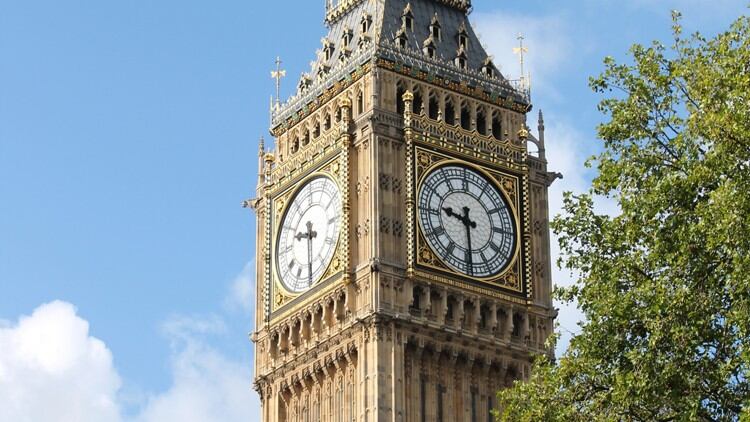Chancellor Jeremy Hunt has announced the biggest ever increase to the National Living Wage, which is set to rise by almost 10% from £10.42 to £11.44 an hour in April next year.
Eligibility for the National Living Wage will also be extended by reducing the age threshold from 23 to 21-year-olds for the first time.
Meanwhile, National Minimum wage rates for younger workers will also increase. 18-20-year-olds will also get a wage boost to £8.60 per hour – a £1.11 hourly pay bump.
Coming ahead of today’s Autumn Statement, many in the restaurant sector have warned that the wage increases will be unsustainable for businesses without substantive support in the form of tax cuts.
“Such a rise will have significant knock-on impacts on costs as businesses struggle to maintain appropriate wage differentials across all of their staff, including at more experienced levels,” says Kate Nicholls, chief executive of UKHospitality.
“If businesses are expected to deliver these wage levels, there must be action to drive down costs in other areas. The first priority on that list needs to be extending business rates relief and freezing the multiplier at the Autumn Statement.
“Without action on business rates, many businesses will not even make it to April to deliver these wage increases and jobs will be lost. That scenario benefits no one.”
Writing on X (formerly Twitter), Alex Reilley, chairman of Loungers, warned that without targeted tax cuts, the wage increases will push countess small hospitality businesses ‘over the edge’.
“Great news for millions but without targeted tax cuts this is surely the death knell for many small hospitality businesses,” he said.
“It also only serves to pour petrol onto the embers of the inflation fire as prices will have to be increased to mitigate higher labour costs.”
According to the October edition of the Business Confidence Survey from CGA by NIQ and Fourth, which was conducted before the Chancellor's announcement, more than a third (38%) of leaders in the sector are concerned by increases in the National Living Wage.
Employers have increased pay levels by an average of 10% in the last 12 months, the data shows. Better rates have helped to bring down staff vacancies, which now stand at 8%, down from 11% in the previous survey that was taken back in August.




